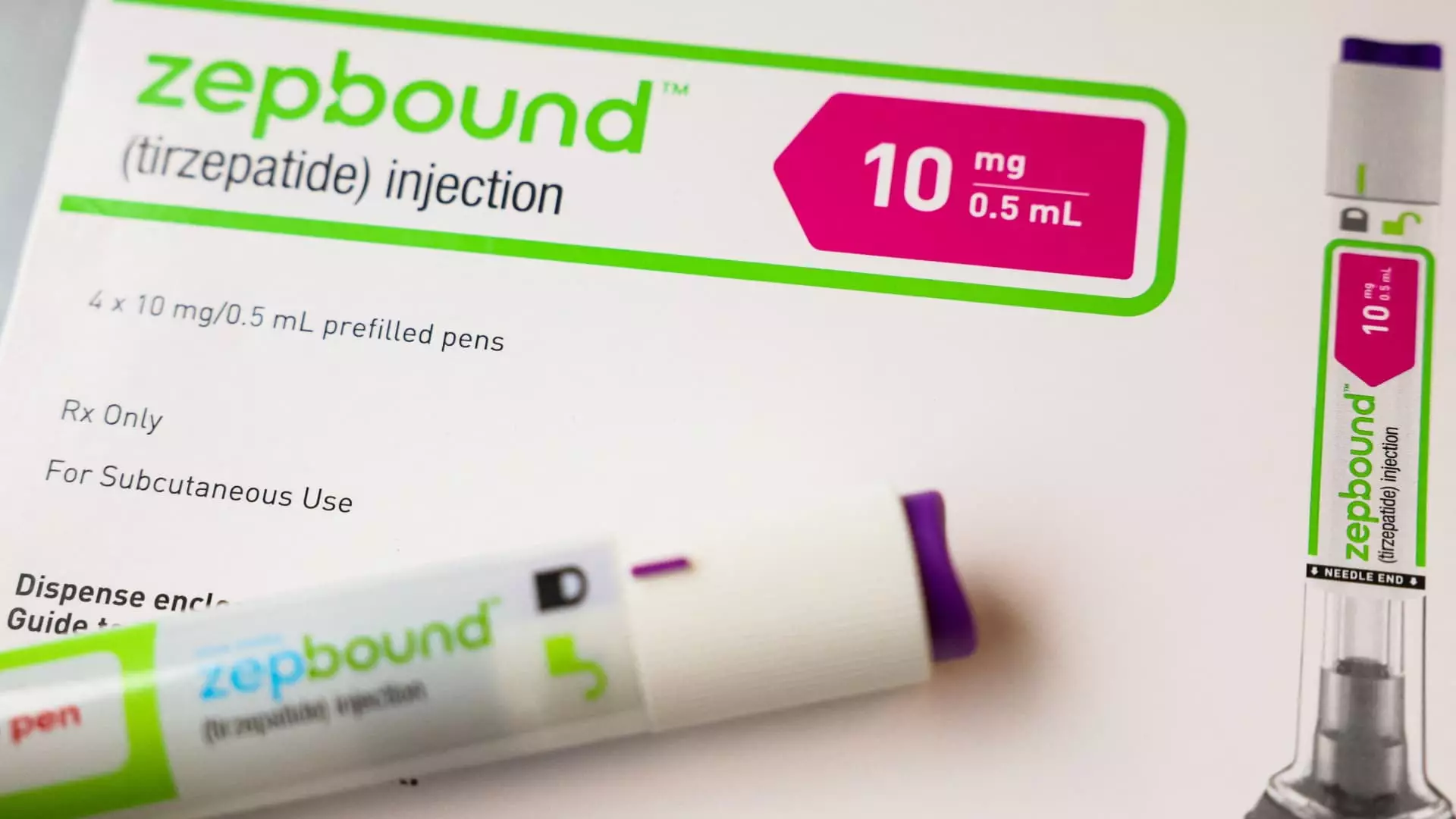Obesity is an escalating public health crisis, with millions of Americans suffering from conditions that arise from it, including obstructive sleep apnea (OSA). Recognizing the burdens imposed by these conditions and the limitations of current treatments available, Medicare has now taken a significant step toward expanding coverage for Eli Lilly’s obesity drug, Zepbound. This momentous decision has the potential to change the landscape of obesity treatment for those eligible under Medicare, especially for patients grappling with OSA.
First introduced for weight management, Zepbound has recently received FDA approval for addressing moderate-to-severe forms of OSA, a condition that severely impacts sleep quality and overall health due to interrupted breathing during sleep. With approximately 20 million people in the United States affected by OSA, its connection to obesity makes addressing this issue paramount. The approval of Zepbound as a treatment for this condition highlights a growing recognition of the intertwined nature of obesity and sleep disorders, potentially offering a dual-faceted approach to treatment.
In response to the recent approval, a representative from the Centers for Medicare & Medicaid Services (CMS) clarified that the coverage rules under Medicare Part D and Medicaid would remain in effect. These guidelines stipulate that obesity drugs can only be covered if prescribed for an FDA-approved medically accepted purpose, in this case, OSA. Thus, while Zepbound is accessible to a wider audience, the stipulation of prior authorization adds an additional layer of complexity for physicians striving to provide the best care.
Given the price tag associated with Zepbound, estimated around $1,000 without insurance, its inclusion under Medicare significantly alters the financial landscape for patients. The soaring demand for Zepbound, despite its hefty price, raises questions about its affordability for those without insurance coverage. Ideally, through Medicare’s coverage, patients now have a pathway to obtain this treatment at a reduced cost, which is likely to lead to better management of obesity-related conditions.
However, the broader implications of this coverage extend beyond individual health. Given that the Biden administration proposed a rule that could broaden coverage for weight loss medications, this initiative could significantly impact healthcare spending. Estimates suggest that granting access to such treatments might incur up to $35 billion in costs over the next decade. In a system already strained by healthcare expenditures, the economic burden warrants careful consideration.
In the current healthcare environment, Zepbound and Novo Nordisk’s Wegovy represent two of the most promising advancements in obesity management. Wegovy, which has garnered Medicare coverage for its linkage to cardiovascular risk reduction, opens up possibilities for increased usage of weight management drugs within insurance plans. This progressive movement marks a significant departure from previous trends that often marginalized obesity medications, paving the way for integrated treatments focused on comprehensive health improvement.
The comparison becomes even more pertinent when examining diabetes drugs like Ozempic and Mounjaro, which are already widely covered. This inconsistency in coverage raises questions about the prioritization of different drug classifications and their corresponding treatment options, especially when they address interrelated conditions such as obesity, diabetes, chronic kidney disease, and more.
While the recent developments signal progress, challenges remain. State Medicaid coverage is contingent upon the specific diagnoses associated with prescriptions and the agreements between manufacturers and states. Consequently, the inconsistency across different states only adds to the complexity and may hinder broad access to Zepbound and other significant medications.
Ultimately, as pharmaceutical innovation progresses and more drugs receive FDA approval for various conditions, the landscape of obesity treatment will continue to evolve. Policymakers, healthcare providers, and patients must remain vigilant and engaged in discussions regarding equitable access to essential medications like Zepbound. Only through facilitating collaborative efforts can we ensure that all individuals struggling with obesity get the comprehensive care they need to lead healthier lives.

